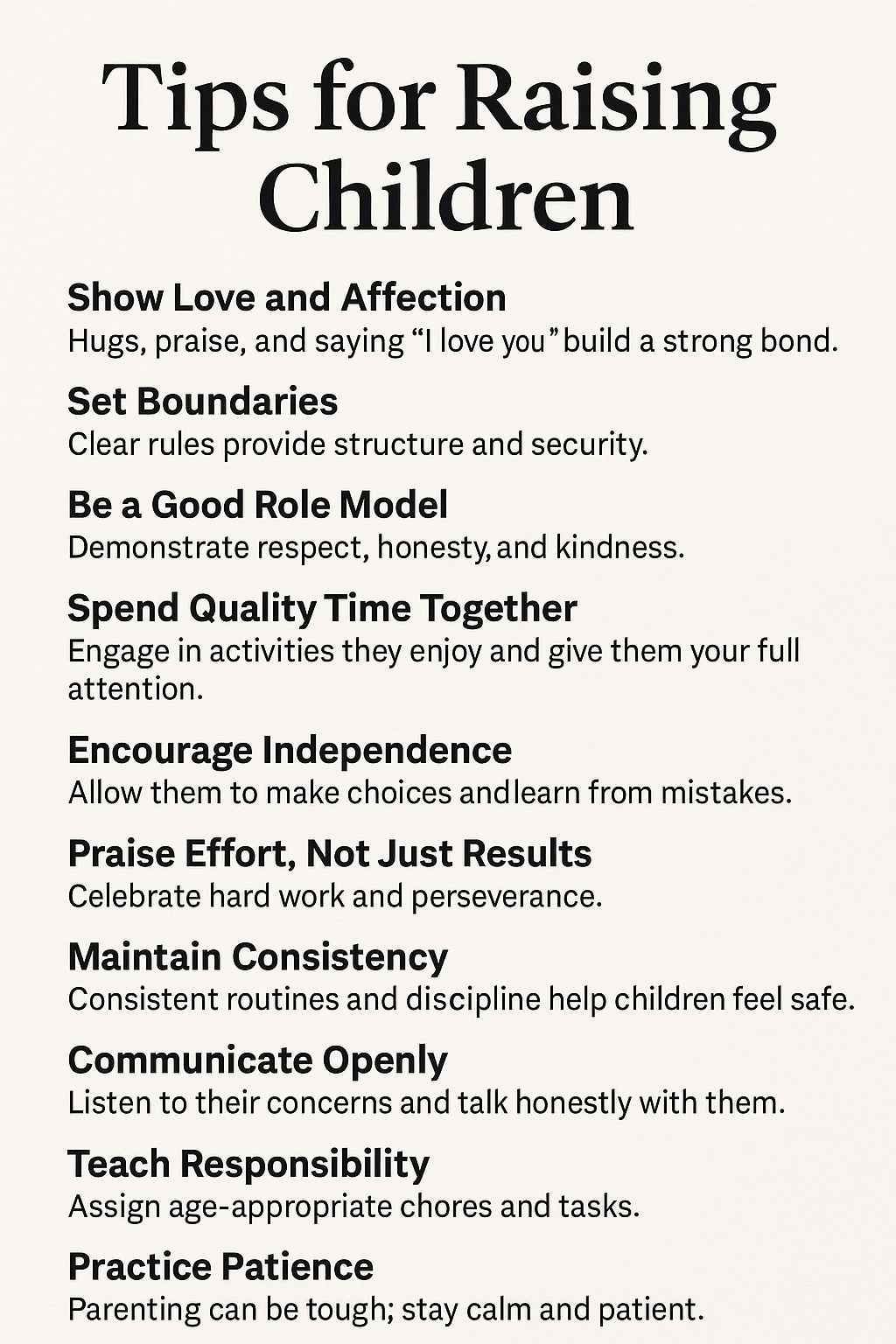Life is full of challenges, and one of the greatest lessons you can give your child is the power of perseverance. Teaching kids to keep trying, even when things are difficult, helps them build resilience, confidence, and the ability to overcome setbacks.
Here’s how to nurture perseverance in your child’s everyday life.
Why Perseverance Matters
Children who learn perseverance are more likely to:
- Handle frustration without giving up
- Build self-confidence through achievement
- Develop problem-solving skills
- Reach long-term goals
- Become resilient adults
Perseverance transforms obstacles into opportunities for growth.
Share Stories of Persistence
Children learn best through examples. Share stories of people who achieved success through persistence:
- Famous inventors like Thomas Edison
- Athletes who trained hard to reach goals
- Family stories of overcoming challenges
Highlight the message that success takes effort, patience, and persistence.
Praise Effort, Not Just Success
Focus on effort instead of results.
- “I’m proud of how hard you tried.”
- “You didn’t give up, and that’s amazing.”
This builds a growth mindset, where children see effort as valuable, even when results aren’t perfect.
Break Goals into Small Steps
Help your child tackle challenges in manageable parts:
- Practice one page of a song instead of the whole piece
- Solve one math problem at a time
- Clean one section of a messy room
Small steps make big goals less overwhelming.
Teach That Mistakes Are Part of Learning
Perseverance means pushing forward even after failure. Remind your child:
- “Mistakes mean you’re learning.”
- “Every time you try again, you get closer to success.”
Normalize failure as a stepping stone, not a dead end.
Encourage Problem-Solving
When faced with setbacks, guide your child with questions:
- “What else could you try?”
- “What worked last time?”
- “What could make it easier next time?”
Problem-solving strengthens resilience and creativity.
Celebrate Progress Along the Way
Big goals take time. Celebrate small wins:
- “You practiced every day this week—that’s perseverance.”
- “You read more pages today than yesterday!”
Acknowledging progress keeps motivation strong.
Model Perseverance Yourself
Children watch how you handle challenges. Show persistence in your own life:
- Keep working calmly when something breaks
- Stay patient during setbacks
- Share your struggles and how you overcame them
Your example inspires their effort.
Use Encouraging Language
Help your child replace negative self-talk with positive reminders:
- Instead of “I can’t do it,” say “I’ll try again.”
- Instead of “This is too hard,” say “I’m learning.”
Words shape attitude—and perseverance grows with positivity.
Final Thought: Teaching Grit for Life
Perseverance is a lifelong skill that prepares children to face challenges with courage and resilience.
By praising effort, celebrating progress, and modeling persistence, you’re giving your child the strength to keep going, no matter what obstacles they encounter.
Because perseverance isn’t just about finishing a task—it’s about believing in yourself enough to never give up.
